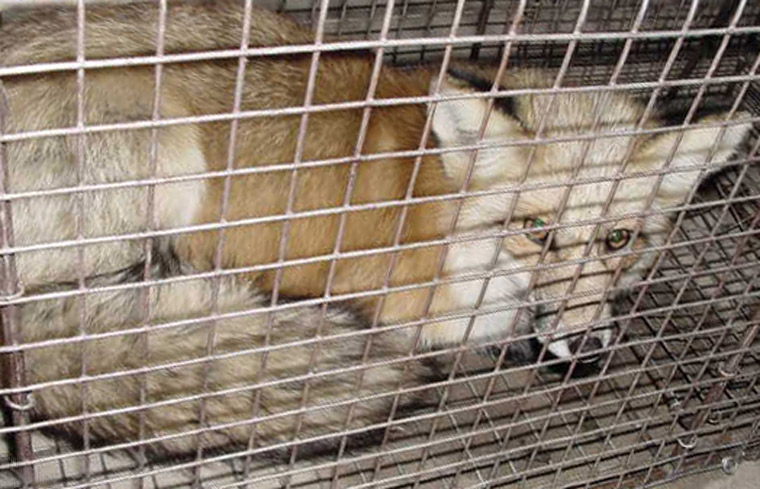-
info@aaanimalcontrol.com
Call us for help in your town
Humane Wildlife Education
What should I know about Canine Distemper?
Need wildlife removal in your hometown? We service over 500 USA locations! Click here to hire us in your town and check prices - updated for year 2020.
The name gives the game away with this one; canine distemper is a disease that primarily affects canines — dogs. The name doesn’t really make a lot of sense, however, when you bear in mind that it isn’t just dogs that can get this fatal disease. Plenty of wild animals can carry the canine distemper disease, and it is highly contagious. If infected animals come into contact with your pooch, you will soon be saying your goodbyes.

There is no known cure for canine distemper.
Other animals that can carry and pass on canine distemper are:
Large cats
Domesticated cats
Some primates
Raccoons
Skunks
Ferrets
Wolves
Pandas
Foxes
Coyotes
In fact, ferrets are one of the worst culprits for this deadly disease.
This disease doesn't just affect one part of your dog’s body. It can affect the entire body, with damage being caused to the respiratory system, alongside the gastrointestinal system, the brain, and also the spinal cord.
The earliest symptoms of the disease can include rather generic symptoms, such as feeling lethargic, being off food, not drinking, and feeling generally under the weather. Although your dog cannot tell you as such, it will be likely that he or she is suffering with headaches, muscle aches, and other symptoms that would generally come hand in hand with the common cold or flu in humans.
Further symptoms could include difficult breathing or the animal becoming out of breath unusually quickly, as well as somatic problems. You may notice that your dog has an upset stomach or is vomiting. Finally, the footpads and nose can become hard to the touch, an obvious sign if your dog usually has very soft pads.
The disease itself is actually very contagious, and in over fifty percent of cases, it is deadly. The other half of cases seem to clear themselves up on their own, but that’s if secondary bacterial infections do not occur.
The same virus that causes canine distemper in dogs is in the same family as diseases that humans can get, including mumps and measles. It has not been shown that this disease can be passed onto humans, and the number of cases has dropped with the introduction of a vaccination system for domesticated dogs. This doesn’t solve the problem with canine distemper in wild animals, however, which is another reason why you should ensure that your pet has all the vaccinations it should do, regardless of the cost. It is your responsibility to ensure your pet is taken care of, and if you can’t afford to get your dogs (and cats) these vaccinations, you shouldn’t have a dog.
For more information, you may want to click on one of these guides that I wrote:
How To Guide: Who should I hire? - What questions to ask, to look for, who NOT to hire.
How To Guide: do it yourself! - Advice on saving money by doing wildlife removal yourself.
Guide: How much does wildlife removal cost? - Analysis of wildlife control prices.
animals in the attic
noises in the attic


















